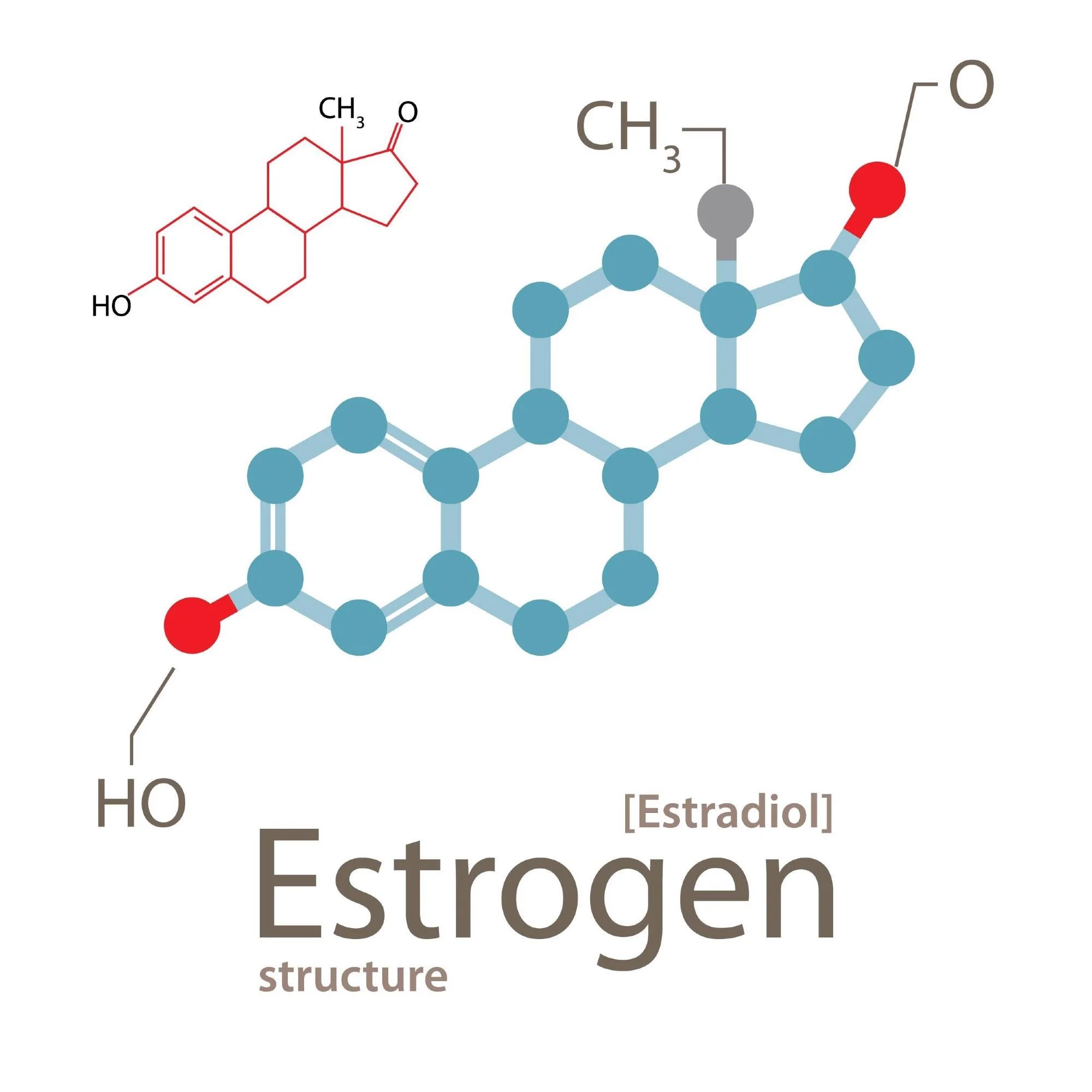
Estrogen, primarily known as a female sex hormone, plays a critical role in reproductive health and
development. However, beyond its reproductive functions, estrogen also exerts significant influence
on various organs and systems throughout the body. Research has highlighted the potential health
benefits of estrogen, particularly in disease prevention. In this blog, we will explore the role of
estrogen in preventing several common diseases and its overall impact on health.
Estrogen and Cardiovascular Health
Estrogen has a protective effect on cardiovascular health, especially in premenopausal women. It
helps maintain healthy blood vessels by promoting vasodilation, reducing inflammation, and
improving blood flow. Estrogen also aids in maintaining healthy cholesterol levels by increasing high-
density lipoprotein (HDL or “good” cholesterol) and reducing low-density lipoprotein (LDL or “bad”
cholesterol). These effects contribute to a lower risk of developing heart disease, including coronary
artery disease and stroke.
Estrogen and Bone Health
Estrogen plays a crucial role in maintaining bone density and preventing osteoporosis, a condition
characterized by weakened and brittle bones. During menopause, when estrogen levels decline,
women become more susceptible to bone loss. Estrogen therapy, commonly prescribed as hormone
replacement therapy (HRT), can help slow down bone loss and reduce the risk of fractures,
particularly in postmenopausal women.
Estrogen and Cognitive Function
Estrogen also influences brain health and cognitive function. It has been found to support memory,
attention, and overall cognitive performance. Studies suggest that estrogen may help protect against
age-related cognitive decline and reduce the risk of developing neurodegenerative diseases such as
Alzheimer’s disease. Estrogen therapy may be beneficial in improving cognitive function in
postmenopausal women, although more research is needed to fully understand its effects.
Estrogen and Mood Disorders
Estrogen levels have been linked to mood regulation and mental health. Fluctuations in estrogen
levels during the menstrual cycle or during perimenopause and menopause can contribute to mood
swings, anxiety, and depression. Estrogen therapy may be considered as a treatment option for
menopausal women experiencing mood disturbances.
Estrogen and Prevention of Colorectal Cancer
Emerging evidence suggests that estrogen may have a protective effect against colorectal cancer,
the third most common cancer worldwide. Estrogen has been associated with a decreased risk of
developing colorectal cancer, and hormone replacement therapy may offer some protection.
Estrogen plays a multifaceted role in disease prevention, offering potential benefits for
cardiovascular health, bone health, cognitive function, mood regulation, and colorectal cancer
prevention. Contact us to discuss estrogen’s role in disease prevention and to refine its use in
promoting overall health and well-being.
